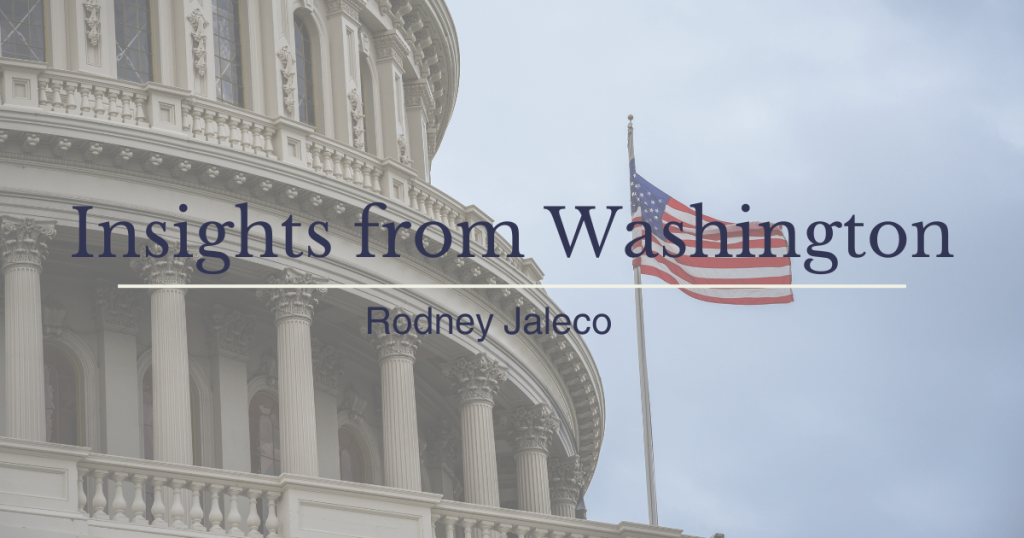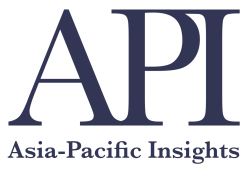China, US, PH closely watching
Taiwan’s new leader

By Rodney J. Jaleco | Date 05-15-2024
WASHINGTON D.C. — Regional tensions are expected to spike again when William Lai (Lai Ching-te) takes his oath as Taiwan’s 14th president in a few days (May 20) from today as China, the United States, and neighbors like the Philippines watch warily how he would steer cross-strait relations that could impact them all.
He was the man China didn’t want in last January’s elections – the candidate who declared himself a “practical worker for Taiwan independence” won over 40 percent plurality of the vote. Nothing riles China more than the notion of Taiwan independence and his pre-election political platform raises fears of a Chinese invasion and war.
“Taiwan is strategically vital to the larger US-led coalition to contain the People’s Republic of China (PRC),” a recent paper from the DC-based American Enterprise Institute observed. It noted keeping Taiwan aligned with the West “links America’s allies in the northwestern Pacific with US partners to the south…a PRC-controlled Taiwan would seriously compromise the US-led coalition’s ability to operate cohesively.”
Mr. Lai will sign decrees and reveal his administration’s direction immediately after taking the reins of government next week. China has routinely waged intimidation activities around significant days in Taiwan – large Chinese military maneuvers were timed with the last elections and Taipei has reported recent cyberattacks (and curiously, a surge of balloon sightings) they suspect are part of the upcoming inauguration.
The scheduled activities in Taipei come on the heels of the Balikatan joint training exercise between the Philippines and the United States, reportedly the biggest yet. The “war games” were held for the first time in the northern fringes of the country facing Taiwan, and a sortie of US, Philippine, and French warships in the West Philippine Sea that China claims is part of its “nine-dash-line.
The US deployed for the first time its Typhon strategic intermediate-range missile system – that can launch Tomahawk cruise missiles – for the Balikatan, using a Globemaster to airlift a battery from Washington state that also signaled the US capability to disrupt Chinese forces in the Taiwan Strait or the Spratly Islands to the west.
America raising the military ante appears to have caused China’s Xi Jinping some pause. He has vowed to unify Taiwan, by force if necessary, by 2027. But Dan Blumenthal and Fred Kagan wrote on The Hill that an outright invasion would severely hurt China’s grand strategic objectives, making a “short war of coercion centered on political and economic warfare accompanied by limited kinetic action” more attractive.
“Although Chinese leader Xi Jinping clearly believes that unifying Taiwan with the mainland is a key component of this grand strategy, he may be loath to risk China’s march to geopolitical dominance by starting a full scale and likely global war,” they averred.
While the strategic imperatives of cooperation may deviate slightly at some points between the US and the Philippines, they share the common goal of taming China’s ambitions, especially in the South China Sea, critical to world trade. The Philippine primary focus is still the West Philippine Sea where China’s steady encroachment has brought their threat literally on its door steps. Still, it’s vital, even if tangentially, for the Philippines to support Taiwan’s security.
There are more than 150,000 Filipino workers in Taiwan, who remitted over $904 million last year. Although it hasn’t had official diplomatic relations since 1975, the Philippines maintains a “special” economic relationship with Taiwan that only appears to have gained an added premium in dealings with the US, Japan, Australia, South Korea, and other allies.
The possible establishment of satellite factories by the Taiwan Semiconductor Manufacturing Company (TSMC) may insulate the island from Chinese economic pressure but that might anger Beijing and will likely require US support. But there are at least some anecdotal reports that some Taiwanese are pursuing the Philippines as a fallback for their families and businesses.
It is vital for the Philippines to recognize that the tensions between China and Taiwan are essentially a spat between cousins and that she is a neighbor on the outside looking in. The eyes of the world will be trained on Taiwan and Mr. Lai in the next few days; whichever way the winds of change blow, the Philippines is sure to get a whiff.
Tags: Security
